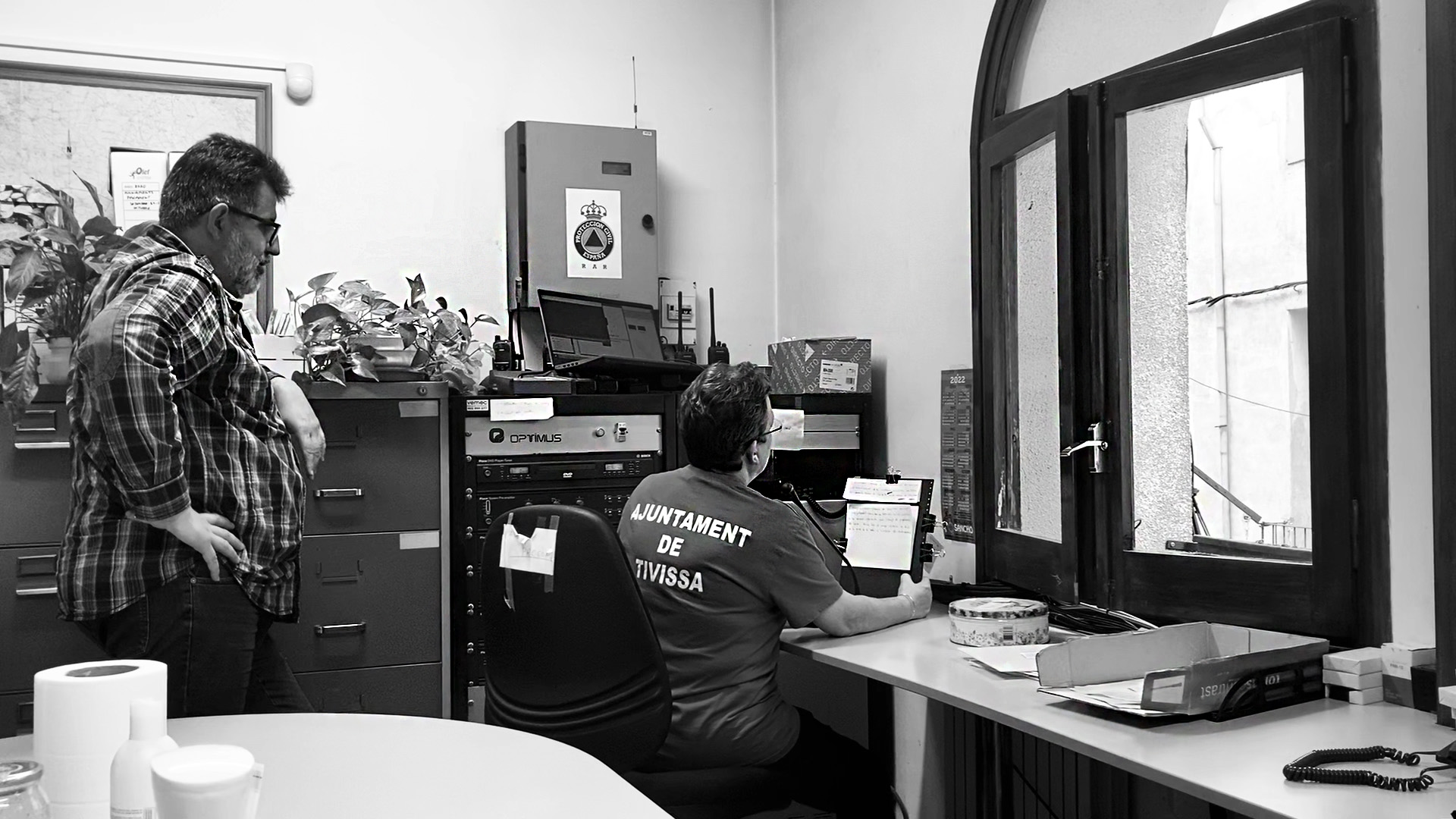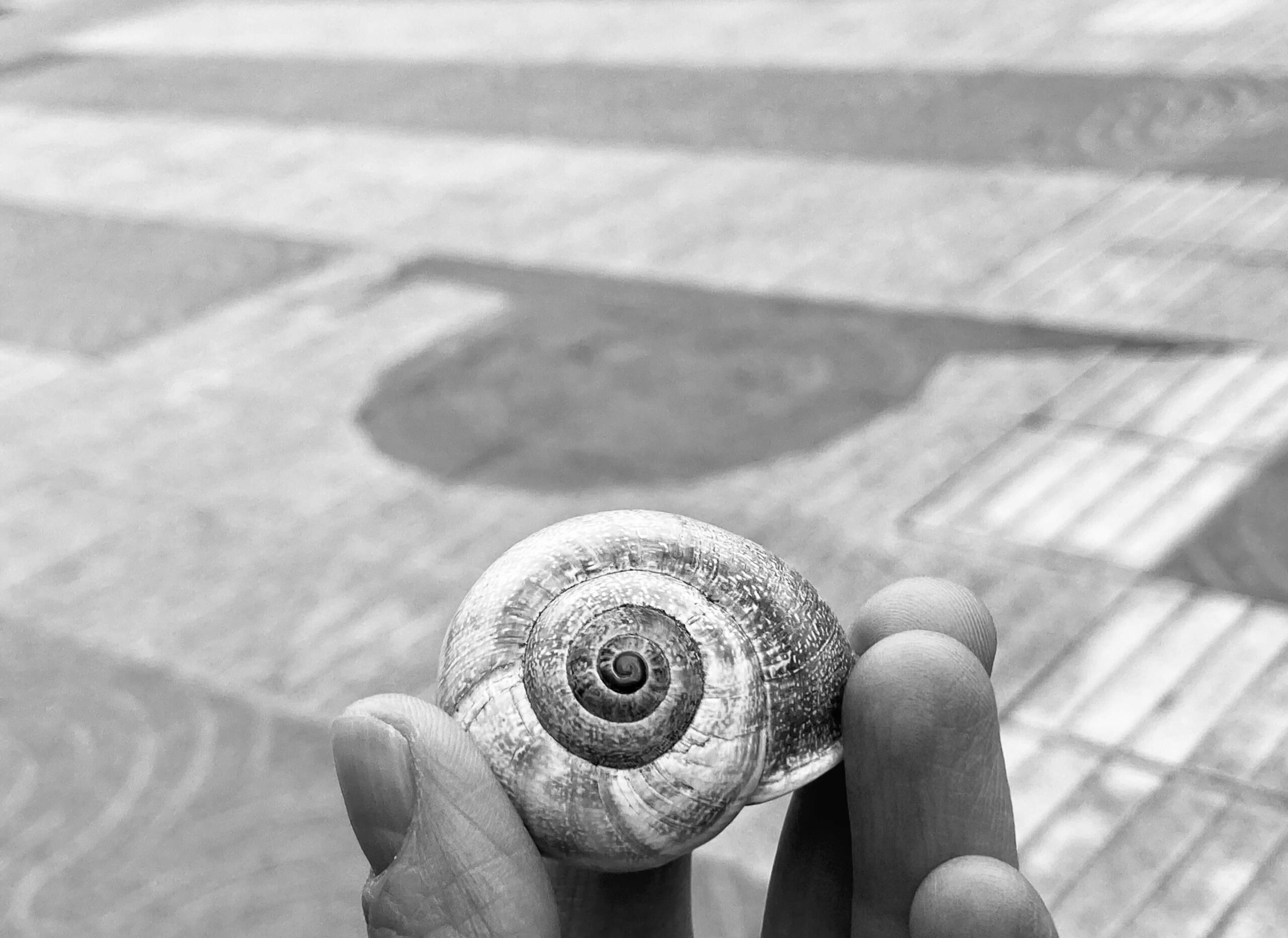Search
To search for an exact match, type the word or phrase you want in quotation marks.
A*DESK has been offering since 2002 contents about criticism and contemporary art. A*DESK has become consolidated thanks to all those who have believed in the project, all those who have followed us, debating, participating and collaborating. Many people have collaborated with A*DESK, and continue to do so. Their efforts, knowledge and belief in the project are what make it grow internationally. At A*DESK we have also generated work for over one hundred professionals in culture, from small collaborations with reviews and classes, to more prolonged and intense collaborations.
At A*DESK we believe in the need for free and universal access to culture and knowledge. We want to carry on being independent, remaining open to more ideas and opinions. If you believe in A*DESK, we need your backing to be able to continue. You can now participate in the project by supporting it. You can choose how much you want to contribute to the project.
You can decide how much you want to bring to the project.
 Image of Athanasius Kircher modified with nuclear power plant.
Image of Athanasius Kircher modified with nuclear power plant.The association of noise and power has never really been broken in the human imagination. According to R. Murray Schafer in his book The Soundscape, our Sonic Environment and the Tuning of the World, “In earlier times, natural events were explained as miracles. Loud noises, such as the sound of thunder, evoked fear and respect, seeming to be the expression of divine power.” In the Modern era and beyond, these emotions were transferred from the sounds evoked by thunders, volcanos, storms, etc. to the sounds produced by industrial machinery – signifying a power shift.
*
In current neoliberal worlds, the infrastructures and technologies that surround them have been deeply adopted and adapted to certain lifestyles, to the point of seeming ubiquitous, in effect, a background noise that we have learned to ignore. From within these frameworks, it is difficult to distinguish the apparatus that lies behind them, not only on a technical level but also in regard to the models they pursue and sustain. What does electricity sound like?
**
The cochlea is an inner part of the ear located in the temporal bone, which, because of its shape, was formerly known as the ‘snail’. By transforming sounds into nerve messages that it then sends to the brain, the cochlea is the part that enables the hearing function in the inner ear.

Cochlea. Image extracted from https://multiacustica.com/caracol-de-oido-coclea-funcion-partes/ and edited.
What do snails think about nuclear power plants? is a public space sonic piece that investigates futures with energy sovereignty and more than human perspectives in Tivissa Catalunya. Being surrounded by three active nuclear power plants, (Ascó Power Plant, Vandellós I II Nuclear Power Plant), the municipality of Tivissa has installed a sound system in all the streets of the town to announce if any nuclear emergency occurs. These sound systems have been re-appropriated and are also used to communicate other official announcements.
What do snails think about nuclear power plants? is an intervention that gathers interviews with residents from 7 to 103 years old, while it investigates possibilities of post-nuclear futures in Tivissa. The piece, which was broadcasted as a sound composition from the public sound system of Tivissa, is a framework to conceive more-than-human perspectives and to imagine emerging possibilities rather than emergencies.
In Tivissa snails seem to be very important: there is a Plaça i Barri del Cargol, snail square, and neighborhood and when you walk through the olive and almond trees you can find a lot of empty snail shells. Snails are indicators of the humidity and water of the environment and in recent years there has been a decline in the snail population. Coincidentally, Tivissa and Terras de l’Ebre, as industrial regions that supply energy to Catalonia, also have a repopulation challenge.
Around 30 interviews were conducted with the questions: What do snails think about nuclear power plants? and what should emerge in Tivissa after the nuclear power plants are dismantled?
The final sound piece which was broadcasted through the whole town includes excerpts from the interviews and a poem. After the transmission, the audio composition circulated through Whatsapp channels amongst neighbors who were interested in listening to it again.
The sound composition includes the voices of Ana, Loreto, Rodrigo, Ramón, Fany, Guillem, Rosa, Mariona, Dolores del Carboner, Montse, Vicens, Josep, Juan, Nela, Leire, Merce, Rut, Pau, Jordi, Magda, Esther, Lluis, Marisa, Rigoberto, Ebaristo, Ana, Marga, Tere, Jasin, Nuria, Eulalia, Marta, Cris, Noelia, Barabra, Montse, Javi, Jovanna, Stephanie, Teresa, Loredana, Tatiana, Lucia, Albert, Dario, María and mine.
Transcripts of a selection of the interviews:
MONTSE
What do the snails think about the nuclear power plant?
Let me analyze the questions. Do snails think? Do I know a snail who has told me what he thinks?
What do I think about what snails think about the nuclear power plant?
Well, I hope they are logical if there is a nuclear explosion they are going to die so they must be up to here of the nuclear, like me, right? Or something like this.
What should emerge after nuclear is dismantled?
The Ginkgo Biloba in Hiroshima is the only one that remained, eh?
Nobody else was left, so since there is no Ginkgo Biloba here, nobody.
I am not optimistic if there is a nuclear explosion, eh?
I was one of the first to say ‘NO’ to nuclear power here when there were none and now we have four. So see if I am happy.
I have been happy all my life. They didn’t even pay any attention to us (laughter).
MERCE, RUT, and PAU
What do you imagine the snails think or feel about nuclear power plants?
I think they don’t realize that it is there
But it affects them even if they don’t know it.
The snail’s rhythm of life is very slow, isn’t it?
And nuclear is another heartbeat.
What should emerge after nuclear is dismantled?
The people; the people of the territory.
LEIRE
What do the snails think about nuclear power plants?
I think they think they are in danger because it is like a latent threat to their way of life, because nuclear is something to have respect for, I would say.
What should emerge after nuclear is dismantled?
To look for an alternative other than that, because not only the snails, all the people are as if we were out in the open in the face of that nuclear, if something were to happen later on or with the radiations. I do not know exactly what nuclear energy does, but we should look for renewable energy alternatives. For example, use the sun more.
LORETO
What do the snails think about nuclear power plants?
I think that what the snails feel is vulnerability.
They feel totally threatened by nuclear, an inexplicable force that translates into sensations that make them feel vulnerable.
RAMÓN
What do the snails think about nuclear power plants?
I have worked 51 years in a company that is still there but is not working anymore – 51 years there.
51 years there.
From the age of 14 until I was 65 I was there.
That is to say that I worked for 51 years in the same company.
So many years there already, the rest I don’t know anything.
MONTSE, SARA and JULEN
What do the snails think about the nuclear power plant?
I guess the radioactivity influences them a lot on their health as a snail.
My mother, who is 103 years old today, used to explain to us that snails come out when it was humid and that they are very smart because they don’t go into places where there is contamination or where they have thrown pesticides and all this. They reproduce a lot and there used to be some very big ones but due to the poisons we throw away they have changed a lot, the metabolism of the snail does not resist it.
What should emerge after the nuclear power plant is dismantled?
Something else, but not as toxic as nuclear and its radioactivity.
I suppose we have capable people, people who have studied and all this. Instead of throwing so much radioactivity and so much crap into the ozone layer and all this, we should know how to find a way to generate energy.
(Children)
Why don’t you like snails, Sara?
Because she is disgusted by their slime
What do you know about snails, Julen?
If you place them inside a box, they will climb on top of the box as they have a tendecy to escape
Are snails poisonous?
Noooo

Broadcasting sound work on the public loudspeaker system at City Hall with the help of officials. Photo by Daniela Medina Poch

Screenshot, google map.

Snail square and empty snail shell. Photo by Daniela Medina Poch

Loudspeaker in one of the village streets. Detail of the public loudspeaker system. Photo by Daniela Medina Poch

Daniela Medina Poch is an artist and researcher. She has one foot in Bogotá and another in Berlin. She is interested in multi~species dialogues, unofficial histories and processes that emerge from -and in turn exceed- artistic approaches. She does symbiotic lectures, interventions in public space, formulates concepts and conceives/sustains collective platforms.
"A desk is a dangerous place from which to watch the world" (John Le Carré)